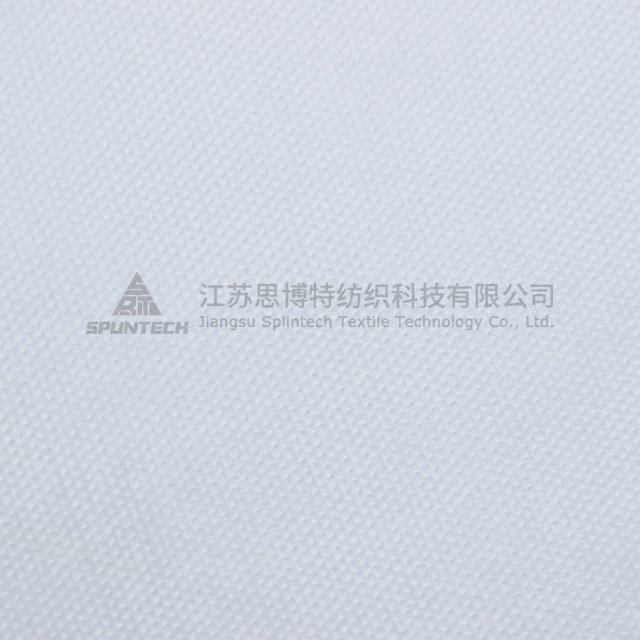- The textile industry achieved a stable start in the first quarter of 2025!
- Sibote is dedicated to the production of spunbond nonwoven fabrics, bringing high-quality products to the industry!
- Sibote spunbond nonwoven fabric has excellent air permeability and moisture resistance!
- The development prospects of the textile industry in 2025!
- There is light in the ordinary. Salute to the workers | Jiangsu Sibote Textile Technology Co., Ltd. wishes everyone a happy May Day!
- How should enterprises respond to the impact of repeated tariffs
- Contact: Mr. Yu
- Cel: 0086-137 3263 4131
- Email: 2169421708@qq.com
- Add: No. 1, Xingyan Road, Dingyan Town, Rugao City, Jiangsu Province
Textile and garment industry development status!
As a traditional pillar industry in China, textile and garment industry is of great significance in promoting the development of national economy, solving employment problems, increasing national income and promoting the harmonious development of society.
The textile and garment industry is a labor-intensive industry, and the upstream and downstream of the industrial chain are closely related. The upstream raw materials of the industrial chain mainly include natural fibers such as cotton, hemp, cocoon silk and man-made fibers, synthetic fibers and other chemical fibers, involving agricultural planting, aquaculture, chemical and other related industries. The middle reaches of the industrial chain mainly include textile, clothing processing and manufacturing links, and the downstream of the industrial chain mainly includes various online and offline sales channels.
- The textile industry achieved a stable start in the first quarter of 2025!
- Sibote is dedicated to the production of spunbond nonwoven fabrics, bringing high-quality
- Sibote spunbond nonwoven fabric has excellent air permeability and moisture resistance!
- The development prospects of the textile industry in 2025!
- There is light in the ordinary. Salute to the workers | Jiangsu Sibote Textile Technology
- How should enterprises respond to the impact of repeated tariffs



